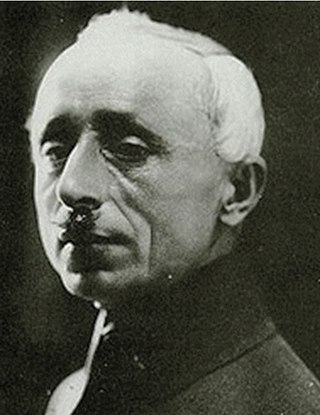Top Qs
Timeline
Chat
Perspective
Refet Bele
Turkish general From Wikipedia, the free encyclopedia
Remove ads
Refet Bele (1881[2] – 3 October 1963), also known as Refet Bey[3][4][5] or Refet Pasha was a Turkish military commander. He served in the Ottoman Army and the Turkish Army, where he retired as a general.
Remove ads
Life
Summarize
Perspective
He was born to a Turkish family in Selanik, Ottoman Empire (modern Thessaloniki, Greece) in 1881. He took the surname Bele because of his grandfather who was originally from Byala/Bele, Bulgaria. Because of the troubles in the Balkans his family moved first to Istanbul but settled later back to Thessaloniki when he was an infant. He studied in the Ottoman Military College, enrolled in the army and became a member of the Committee of Union and Progress. He took part in the Italo-Turkish War (1911) and then in the First Balkan War (1912–1913) in which his hometown was lost to the Greeks.
He took part in World War I where he fought in the rank of a Lieutenant Colonel under the command of Kress von Kressenstein in the Battle of Romani where the Ottoman forces were defeated.[6] In the Palestine front and during the Second battle of Gaza he served with distinction. First refusing a surrender and then successfully organizing the withdrawal of the Ottoman and German forces with their weaponry.[7] Nevertheless, Bele was blamed together with Ismet (Inönü) for the defeat of the Ottomans by Erich Von Falkenhayn.[8] After the British advance in 1918 he was cut off by his troops but managed to reach the Ottoman base at Tyre 75 miles north, after traveling one week through British lines.[9] He did not speak English but because he moved at night and responded to questions with saluting and riding on a walk he avoided being captured.[9] He returned to Istanbul after the Armistice of Mudros in 1918.
While in Istanbul, most of Anatolia began to be occupied by foreign powers, the Greeks landed at İzmir in 1919. In response to the occupation he decided to join the Turkish nationalist movement and crossed over to Anatolia to organize resistance and join the Turkish War of Independence which was being led by Atatürk. He took part in the Amasya Circular of 1919 and then also in the Erzurum Congress, Alaşehir Congress and Sivas Congress. He later served as minister and later as commander at the Western Front against the Greek armies. He put down several local revolts against the Ankara government. However he had several political disputes with Atatürk and became out of favor. He was tried in court but acquitted of the attempted assassination of Atatürk in 1926. In 1926 he retired from the army and parliament deputy. In his later life he took several different occupations including a second deputy time. He died in Istanbul in 1963.
Remove ads
See also
Sources
External links
Wikiwand - on
Seamless Wikipedia browsing. On steroids.
Remove ads

